Low water pressure can be an annoyance to anyone. No one wants to turn on their sink’s faucet to be met with a slow drip of water. Low water pressure can cause constant frustration and inhibits simple household tasks, like the dishes, from being completed. It can also be a symptom of a larger issue at hand and should not be ignored.
If you are experiencing low water pressure, it could be due to a variety of reasons. One of the first things you should do is determine if the low pressure is isolated to one single area, such as the shower or kitchen sink, or if it is being experienced across your entire home. If it is isolated to a single area, it could be due to one of the following reasons:
Limescale Build Up
If you’ve been experiencing a lower amount of water pressure in your sink or shower lately, it may be from limescale build up. Limescale is a white, chalk-like substance that commonly appears on faucets, shower heads, and other places that hard water flows. It is the product of hard water evaporating and leaving behind mineral deposits. Over time, these deposits can grow and spread to eventually block the flow of water through a faucet or shower head.
A simple trick to remove limescale from a fixture is to use vinegar, water, and a plastic bag. Pour equal parts vinegar and water into a plastic bag and then secure the bag to the fixture using a rubber band. Be sure that the end of the fixture is completely submerged in the mixture. Leave for a few hours or until a majority of the limescale has been dissolved. Remove the bag and use a small brush or sponge to scrub off the remaining limescale. Once finished, turn on the faucet or shower head to rise out any residual limescale or vinegar.
A Flow Restrictor Valve
If you are experiencing low water pressure in your shower, it could possibly be due to a flow restrictor valve. A flow restrictor, also called a flow limiter, is a small device used to limit the amount of water that flows through your shower. All modern shower heads sold in the United States are required by federal law to have a flow restrictor built in to aid in the effort of water conservation. However, homeowners are not required by law to use a restrictor within their home.
If your shower head is not providing your desired level of water pressure, then you may want to remove the valve. Directions on how to remove the valve can usually be found within your shower head’s instructional manual. Each shower head is different and the removal process may vary. If uncertain, it is always a good idea to seek help from a professional plumber before performing any repairs on your own.
A Clogged Aerator
A common issue that can affect the water pressure of a faucet is a clogged aerator. An aerator is a small device that is found in the spout of a faucet. Its purpose is to help create a soft flow of water and minimize splashing. Sinks, shower heads, and even dishwasher hoses have aerators. At the end of the aerator is a small screen that catches small sediments from hard water.Over time the particles can eventually block the screen, causing your flow of water to be reduced.
To clean your aerator, unscrew the end of the faucet or shower head, remove the screen, and rinse with water or clean with vinegar. While this process can be fairly simple for the experienced plumber, it can pose difficulty if you are unfamiliar with your home’s plumbing. You should always seek help from a professional plumbing service to prevent any possible damage that may occur during the repair.
Symptom of a Larger Issue
If the low water pressure is occurring throughout your entire home, it may be due to a larger issue. Pipe leaks, blockages, and sediment build up can all cause your home’s water pressure to decrease. In the case of a home-wide pressure decrease, a professional plumber should be contacted to check your home. A professional, such as the technicians at Avis Plumbing, can provide a more in-depth assessment of your home’s plumbing and quickly identify any crucial issues.
Furthermore, it is important to not postpone calling a plumber once you notice a change in water pressure. If there is a leak or blockage, identifying the issue early on can save you in the long run by preventing further damage to your home. The plumbing professionals at Avis Plumbing and Air Conditioning are experienced in identifying the cause of low water pressure at the source. Trusted since 1965, Avis Plumbing provides honest and quality service with technicians available 24/7, 365 days a year. Contact Avis today at (239) 481-1511 in Fort Myers, at (239) 542-4421 in Cape Coral, or online.

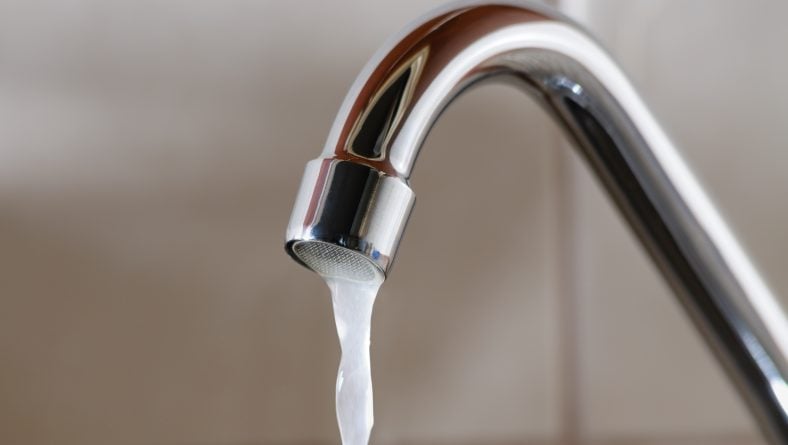
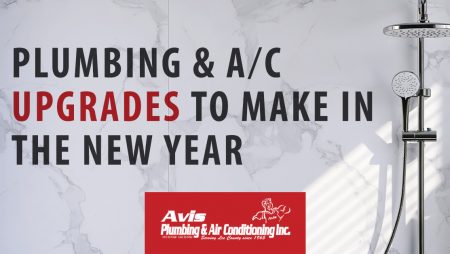
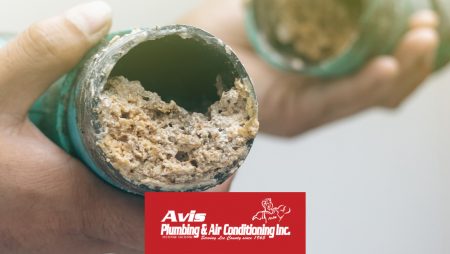
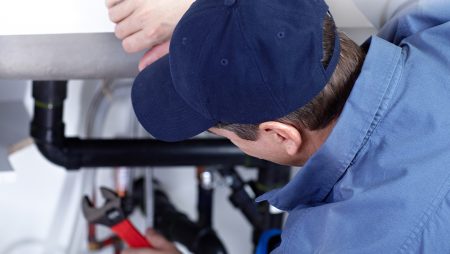

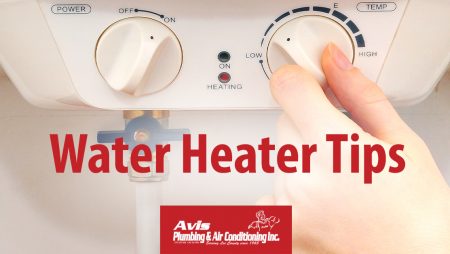
No Comment